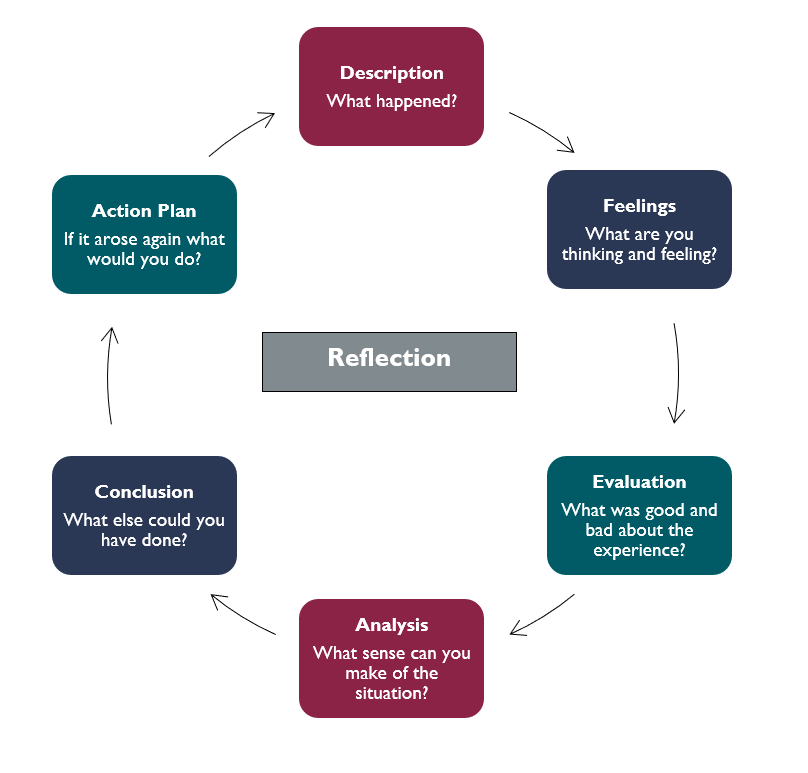The critical incident or situation reflection can be adapted to different types of critical situations in your practice. You can do this as often as possible, so it becomes a way of being or a habit.
What is a critical incident/moment?
A critical moment is a moment “… when something notable occurs that is puzzling or unsettling and draws our attention;” it draws our attention because our usual practice habits are not able to deal adequately with the situation. It can be a situation that appears to be inconsistent with our implicit assumptions of practice. “In the heat of the interaction, we may overlook the inconsistency, believing it to be a one-off or unimportant event. Reflective practitioners continually scan for instances that test their assumptions (critical moments).”
(Lang, 2019, at 18)
Critical incidents are created. Incidents and situations happen, but critical incidents are produced by the way we interpret the situation and by the significance we attribute to them. The same incident or situation can be trivial for one person and significant or critical for another.
Some examples of critical moments include:
- when our actions do not produce the predicted outcome (whether it is a worse or better outcome);
- when we are confused, frustrated or excited about an outcome;
- a learning experience; and
- when we encounter a totally new situation or anything that was significant in some way.
A good indication that a critical moment has occurred is that we keep replaying the event in our mind.
Choosing an incident to reflect on is not necessarily straightforward because it might be a seemingly simple daily task or an event that we ignore because it was problematic or inconsistent with our practice and assumptions. Ideally, you would want to build the habit of recording or capturing events in your daily work life as they happen, or at the end of the day, so that you can reflect on them when you have more time. You can do this by keeping a reflective journal or using the voice memos on your mobile phone (being conscious of confidentiality concerns).
Reflection
You can refer to Gibbs’ cycle of learning in order to reflect on a recent critical incident/moment.

- Identify a critical incident or situation.
- Describe the incident or situation. You can answer the “who, what, where, when, how and why” questions to give as much detail as possible.
- Assess the Impact. What were you thinking and feeling? Why? What was the impact on you? Why did the incident have an impact on you? What are the consequences of these emotions for you and for others involved? Significant events often have strong emotions attached to them (which contribute to their significance for us), so it’s important to pay attention to the emotions to analyze the situation.
- Evaluate the situation. What was good about it? What was bad about it? What did you do well in dealing with the situation? What went wrong or turned out differently than you expected?
- Conduct Analysis. How can you make sense of the event or situation? What possible explanations can you find for what happened? Did you lack information or skills to deal with the situation? Consider the situation from other perspectives. How would the others involved in the situation (e.g., client, colleague) interpret what happened? How would they feel about it? If time allows, you may also want to look at some literature (i.e., do some research) to find other possible explanations.
- Draw a Conclusion. What did your analysis tell you? What could you have done differently? What did you learn from the experience?
- Create an Action Plan. If a similar situation arose, what different actions would I take? How would I approach a similar situation? Do I need further information or skills to deal with a similar situation in the future? If so, what? Are there bigger picture or context factors that contributed to the situation and that need to be addressed in the future?